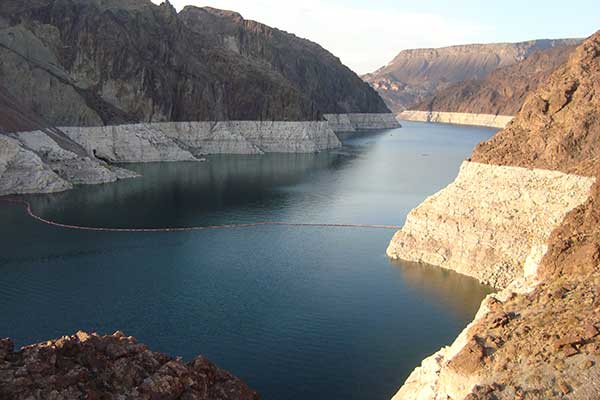LAKE HAVASU CITY, Ariz. — The calendar indicates it is June, which means if you live in Arizona, it’s only going to get hotter. And while you can compensate with air conditioning, water utilities are increasingly challenged to deal with problems brought on by the extremes of climate change.
A new report from the Water Utility Climate Alliance details the enormous toll extreme heat takes, both on a utility’s workers and infrastructure, making it more difficult to deliver water.
Mohammed Mahmoud, senior policy analyst for the Central Arizona Project, explained there is a cumulative effect to climate warming that can’t help but change the conditions in which they operate.
“Not only are the peak temperatures within the summer season increasing, but also the frequency of days where we are in that higher band of temperatures, certainly above 100 degrees, and even more so above 110 degrees. Those days are increasing,” Mahmoud observed.
Mahmoud, who also chairs the Water Utility Climate Alliance, explained they ordered the study to project how climate warming might affect the way his industry operates, and to suggest ways to adapt over the next few decades to continue delivering water without interruptions.
To protect employees, the study recommends changes in work rules: more frequent breaks, providing cooling and hydration stations, and modifying work hours. For facilities and equipment, Mahmoud pointed out they used a formula to gauge how long their “infrastructure” will last.
“Every 10 degrees Celsius increase, or 18 degrees Fahrenheit increase, in temperature reduces the lifespan of those assets by about half,” Mahmoud outlined. “So, as we’re looking at some of these projections, yes, they’re not necessarily jumping overnight, but we can sort of extrapolate that.”
Mahmoud added the study shows water utilities will need to both adapt to the heat and modify their infrastructure to cope with the coming changes.
“We may not be able to fundamentally alter droughts, reducing our water supply,” Mahmoud acknowledged. “But we can find creative ways on how to either conserve the water we use, to use water more efficiently, if possible, or to even augment the water supply.”
Climate Change, Extreme Heat Pose Challenges for Water Utilities









